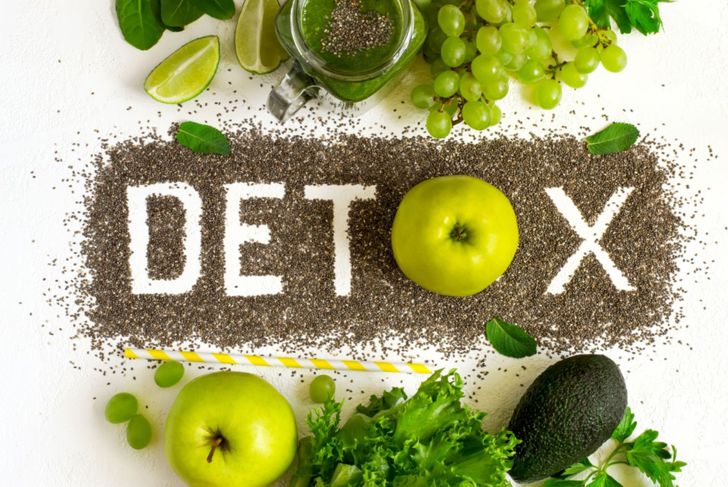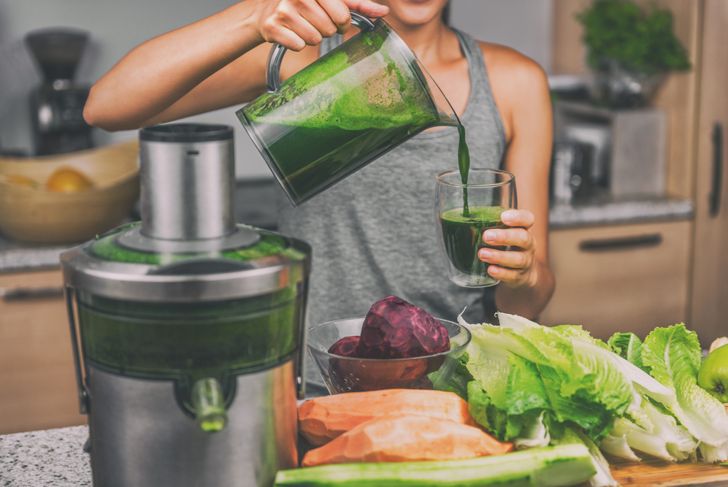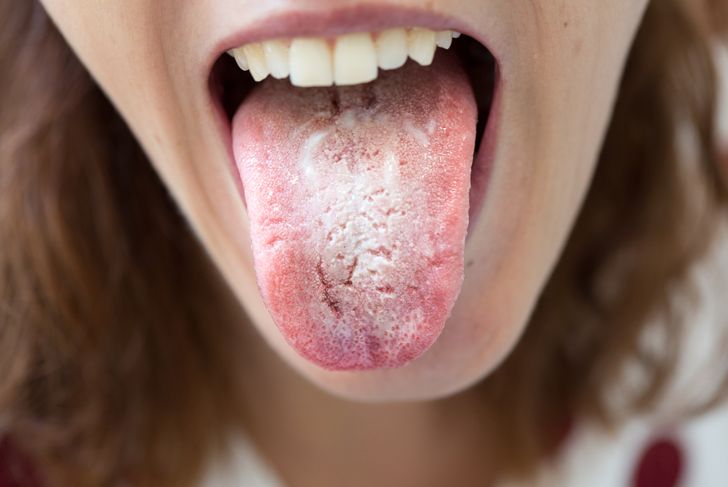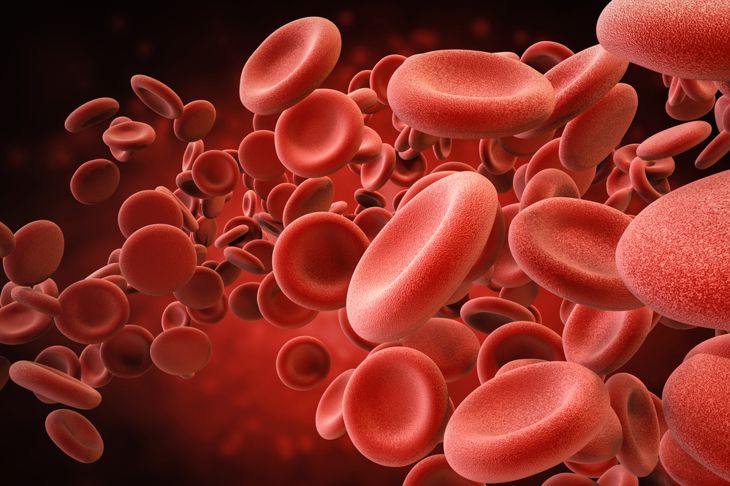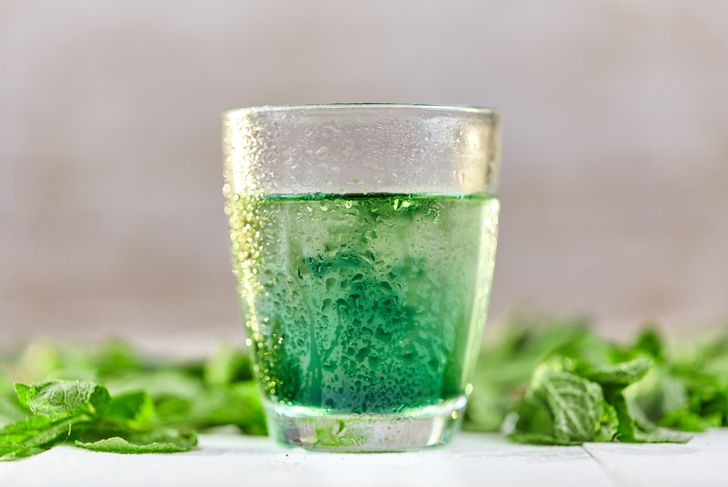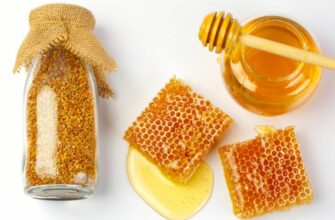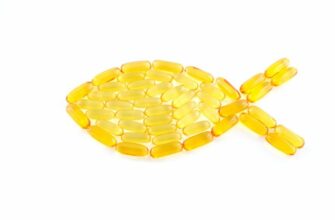If you paid attention in your high school science class, you probably know what chlorophyll is – it’s the stuff that makes plants green. What you may not realize is that there are surprising health benefits to adding chlorophyll to your diet, as well. You’ve heard to eat plenty of green vegetables? There’s a reason for that. Chlorophyll is a type of plant pigment responsible for the absorption of light in the process of photosynthesis – the process of changing light into energy in a plant. The compounds in chlorophyll have antioxidant and cancer-treatment properties, in addition to a host of other benefits to your body.
Aids Weight Loss
Studies have shown that Chlorophyll supplements have helped the thyroid – the gland responsible for maintaining a healthy metabolism – function properly. This, in turn, helps aid weight loss efforts for those who are following a lower calorie diet. In addition to improving the thyroid’s function, chlorophyll has been demonstrated to help balance the hormones that prompt us to eat and feel full, such as cholecystokinin and ghrelin. For people who must watch their intake, avoiding feeling extreme hunger cues are important to maintaining their calorie and macronutrient goals. This helps control cravings for unhealthy foods.
Control Body Odor
Chlorophyll helps maintain a pleasant, unobtrusive body and fecal odor. Ingesting chlorophyll has been shown to aid the detoxification efforts of the liver, as well as make your digestion more efficient. As your body more readily eliminates toxins from your body and moves waste through your gut, the resulting odor may be reduced. Although scientists aren’t sure of the exact mechanism that changes the body odor profile of people who consume chlorophyll, there is an indication that the increase in “phase II biotransformation enzymes” – those that help liver health – may also control the unpleasant smells from excessive perspiration. The assumption is fewer toxins result in less unpleasant odors.
Encourage Healing
The presence of chlorophyll in the body inhibits bacteria growth, reducing infection from wounds and speeding the rate of healing. Wound infections occur from the rapid spread of harmful bacteria; reducing infection in the body allows the epidermis to begin regeneration without harmful effects. Chlorophyll has been used in topical ointments for persistent open wounds such as vascular ulcers and pressure ulcers. It also reduces inflammation, thus allowing healing to begin.
Naturally Detoxifies the Body
Chlorophyll contains compounds that enhance the liver function, helping naturally detoxify your body of harmful contaminants from food and the environment. The compound is called aflatoxin – B1 and helps reduce the damage to your DNA cells from toxic substances. Retaining the integrity of the DNA structure of your cells helps them regenerate properly, in a healthy manner. Cells with damaged DNA are more likely to mutate, becoming cancerous growths and tumors. Your liver naturally removes toxins from the body, but as toxins build up, adding chlorophyll to your diet helps your body remain in balance.
Rich in Antioxidants
Chlorophyll contains potent antioxidant properties. Antioxidants are compounds that help encourage regenerative health at the cellular level. They protect cells from oxidative damage by eliminating free radicals. Free radical molecules damage healthy cells, leading to cell breakdown and oxidative stress damage. Chlorophyll is capable of reducing free radicals ability to cause cell damage in your body. Studies have shown that a high presence of antioxidants in the body helps reduce the appearance of aging as well as maintains the health of your organs.
May Aid Cancer Treatments
Several studies have indicated that compounds in chlorophyll can bind to potential carcinogens (cancer-causing molecules) and inhibit their ability to attack healthy cells. Liquid chlorophyll, when ingested, interferes with how certain carcinogens are absorbed within the human gastrointestinal tract. Binding to these carcinogens helps the body eliminate them through digestion and waste removal, keeping the carcinogens from being absorbed and transported to other systems of the body, including the susceptible tissues fo the joints an heart. By eliminating the substances themselves from the body, chlorophyll reduces the risk of cancer.
Powerful Anti-inflammatory Treatment
Traditional medicine has long used green leaves to treat infections. With modern approaches that have limited effectiveness and a long list of side effects, natural remedies are getting another look. Scientific studies have found that green leaves help to reduce swelling and redness in the muscle tissue and joints. Chlorophyll is also rich in magnesium, essential for healthy bones and for healthy muscular structure. Magnesium helps the body reduce inflammation o fight joints around the bones, and studies indicate that those with arthritis may benefit from supplementing their diet with it.
Inhibit Growth of Candida Albicans
Candida is a type of fungus (more specifically, it’s a toxic yeast) that can cause fungal infections in the body such as candidiasis, candidemia, and oral thrush. Candida infection can be a significant problem for many individuals and can lead to fatigue, depression, and digestive problems; just to name a few. Research has shown that isolated chlorophyll solutions stop Candida albicans growth. Ingesting liquid chlorophyll in conjunction with treatments that encourage overpopulation of yeast cultures in the body may help reduce your risk of yeast infections and thrush.
Boost Your Blood Health
A modified form, known as chlorophyllin, may be highly effective for anemia. It works by replacing the iron with magnesium at the center of the red blood cell molecule, creating a bioavailable form of iron the body can use. While scientists may look for ways to develop patent-able medicines, no one needs to wait to take chlorophyll to gain its benefits. Chlorophyll contains essential vitamins and nutrients needed for cardiovascular health and blood rich in red blood cells. A healthy population of red blood cells helps deliver oxygen-rich blood to your organs and tissues. A diet rich in iron helps new red blood cells grown and increases their oxygen-carrying capabilities.
Incorporating it Into Your Diet
You can get chlorophyll in your diet by incorporating several servings of leafy green vegetables, such as chard, romaine lettuce, and mustard greens. Choosing raw vegetables, or very lightly cooked veggies gives you more of the nutrients found in chlorophyll. If you don’t enjoy vegetables, or you have a hard time finding fresh ones, you may also take supplements. These can be in either a capsule or liquid form, available at many whole food and health food stores. Read the label carefully to ensure that you’re getting true chlorophyll. Green and blue algae are the most common sources, as chlorophyll from plants is unsuitable on the shelf.

 Home
Home Health
Health Diet & Nutrition
Diet & Nutrition Living Well
Living Well More
More


